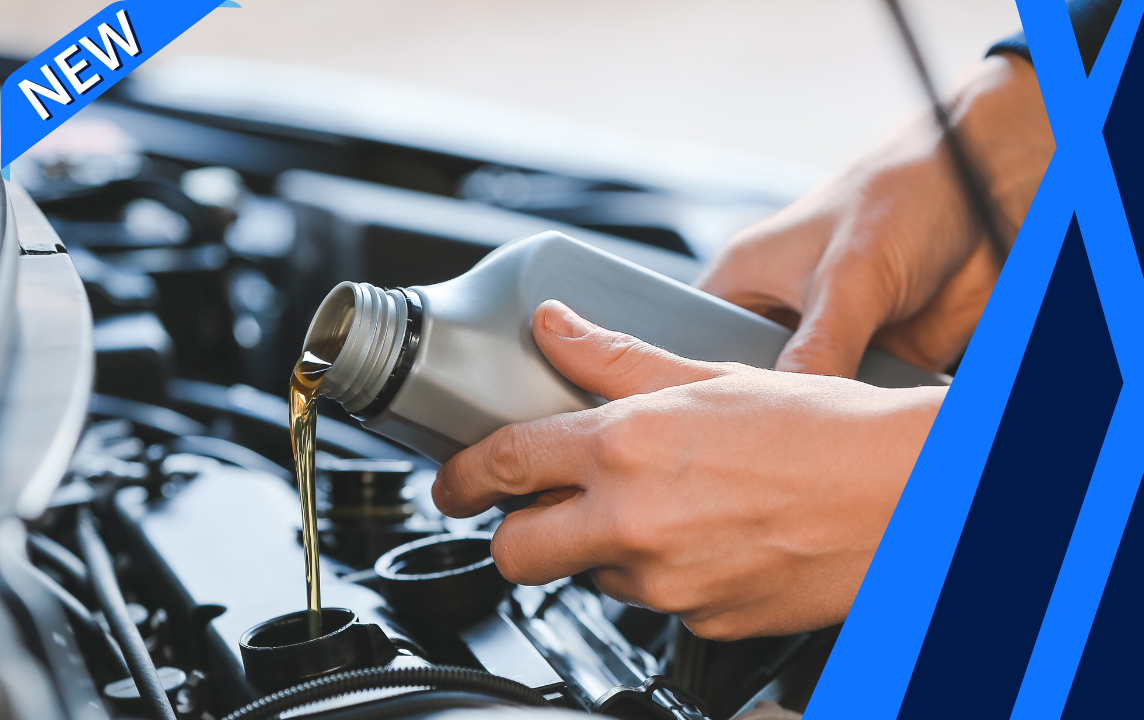Description
Brake pedal is spongy Inspection
The brake pedal is spongy Inspection Service
When you press your brake pedal, it should feel firm and solid. There should be only minimal travel in the pedal before the brakes are engaged, and it should not require significant effort to slow or stop your vehicle. If you’ve noticed your brake pedal feels spongy or soft, there’s a problem with the system that must be identified and repaired immediately.
How this system works:
The “feel” of your brake pedal is created by fluid pressure in the master cylinder and the brake lines. When you press the pedal to slow or stop your car, the master cylinder responds by pushing fluid into the lines that feed the calipers and drums (depending on your vehicle, you may have disc brakes in the front and drums in the rear, or you may have disc brakes on all four wheels).
Once the fluid reaches the calipers, they activate a piston that closes the caliper on the rotor, squeezing it between two brake pads. In the case of drum brakes, an actuator is activated, which pushes the shoes outward against the inner surface of the drum.
In a normally operating system, you should feel little to no difference in the firmness of the brake pedal during any part of the operation. However, several potential problems could lead to a spongy or soft pedal feel.
Common reasons for this to happen:
- Air in the Lines: If air gets into the brake lines, either due to low brake fluid in the master cylinder or from another source, it will create a spongy feel and reduce your stopping ability. This is sometimes a common occurrence after an inexpert brake pad replacement or repair. Air should be bled from the system after every repair to ensure proper operation and safety.
- Damaged Caliper: Another potential problem that could cause a spongy brake pedal is a damaged brake caliper. If the caliper’s piston seal has started to leak, this will create a soft pedal. Brake fluid may also contaminate the surface of the rotor and brake pads, leading to further problems.
- Master Cylinder Wear: If your master cylinder is older, it can sustain enough wear and tear to lose fluid pressure. This is generally caused by a fluid leak at the master cylinder. Again, any loss of fluid pressure will lead to a brake pedal that feels spongy or soft.
- Brake Line Damage: Your vehicle has both rubber and metal brake lines, and either type can be damaged. When this happens, the line may become crimped, which reduces the flow of fluid through it, or it may begin leaking, which will reduce overall pressure. Both conditions lead to a spongy or soft brake pedal.
- Moisture in Brake Fluid: If your brake fluid hasn’t been changed in a while, there’s a good chance that it has absorbed moisture. Moisture can be absorbed through the pores on rubber brake lines, leading to a spongy or soft brake pedal.
What to expect:
A top-rated mobile mechanic will come to your home or office to inspect the entire brake system, including the master cylinder, the brake lines, the calipers, rotors and pads. The mechanic will then provide a detailed inspection report that includes the scope and cost of the necessary repairs.
How it’s done:
The mechanic will need to inspect the entire system, focusing on problems that cause air to be trapped in the lines or lead to low fluid levels in the brake system. The mechanic will need to inspect the calipers, brake lines, master cylinder, and other components to determine the problem’s actual underlying cause.
How important is this service?
Your brakes are the most critical safety system on your vehicle, and you must professionally maintain them at all times. If you’re experiencing a spongy brake pedal, it’s a critical situation. Air in the lines or low brake fluid can compromise your safety on the road. One of our mechanics can inspect, diagnose and repair your car to ensure that you’re safe while driving.




